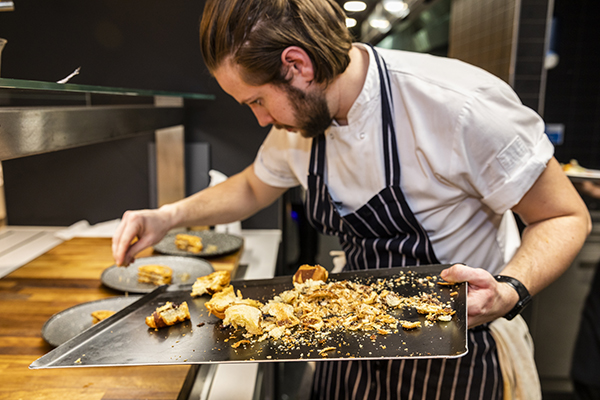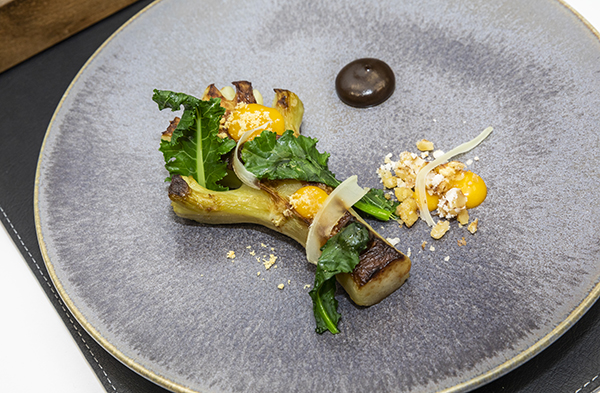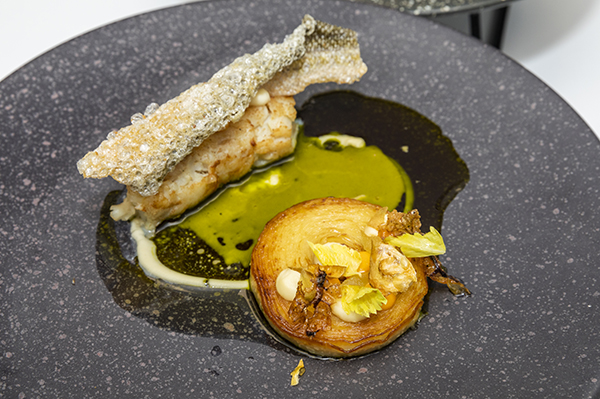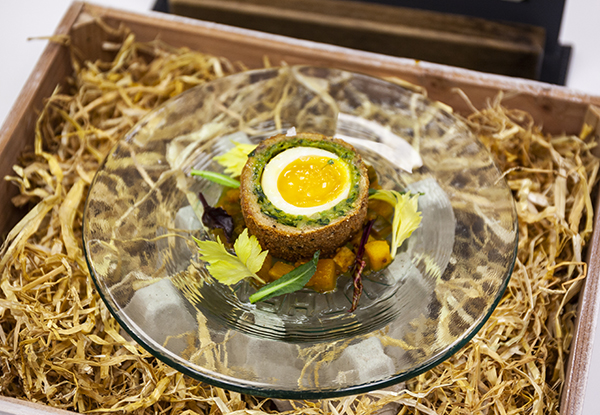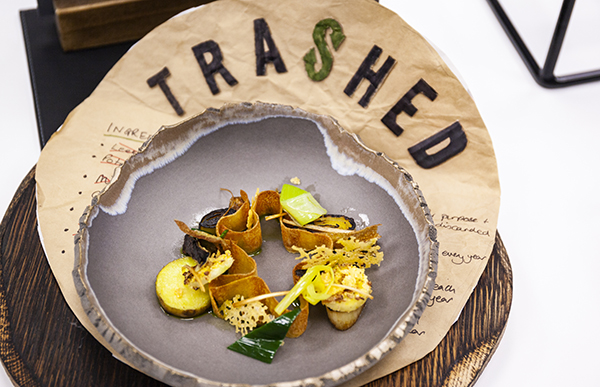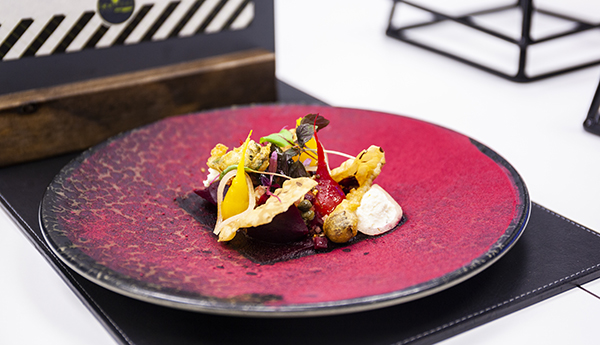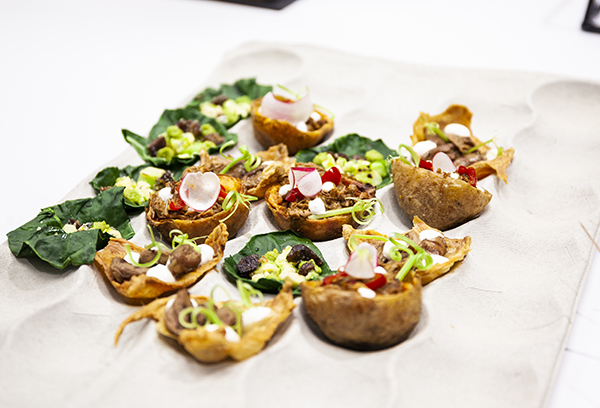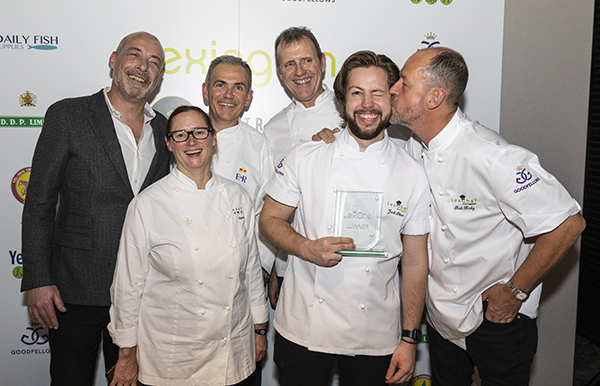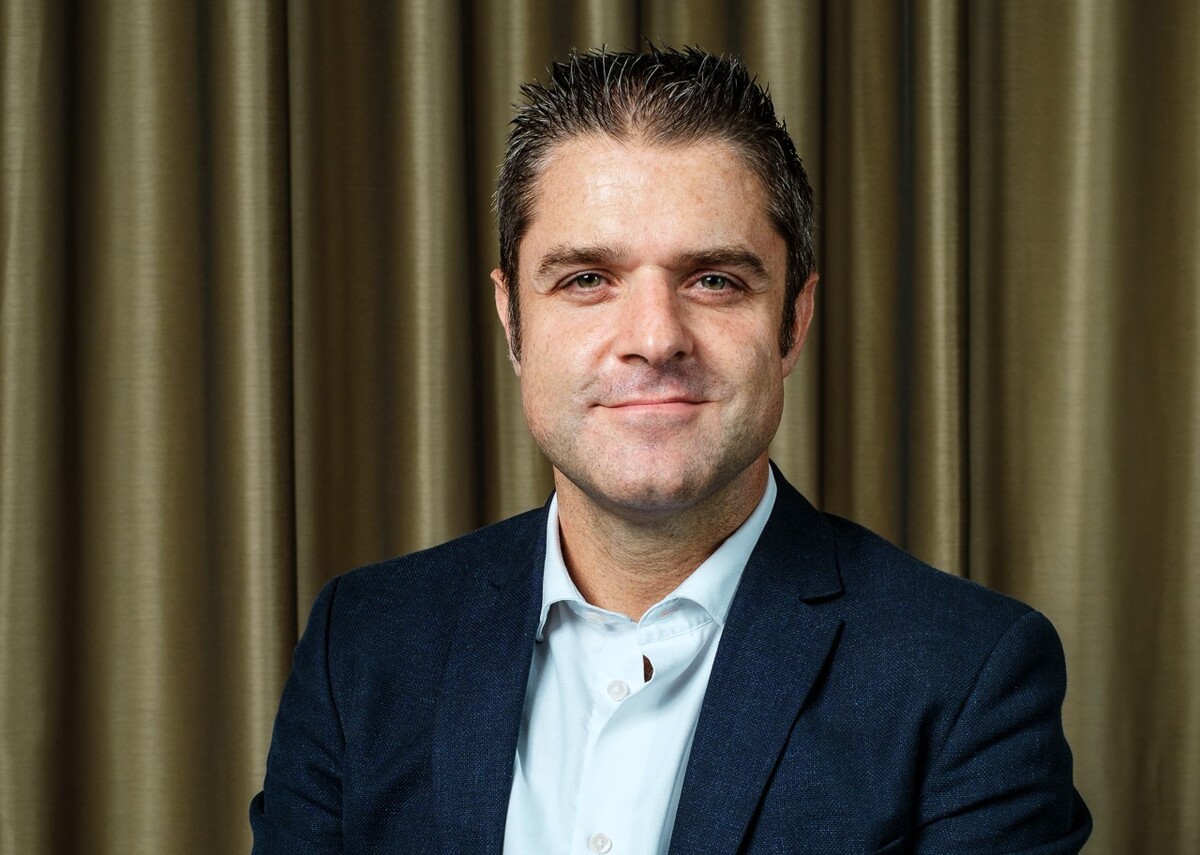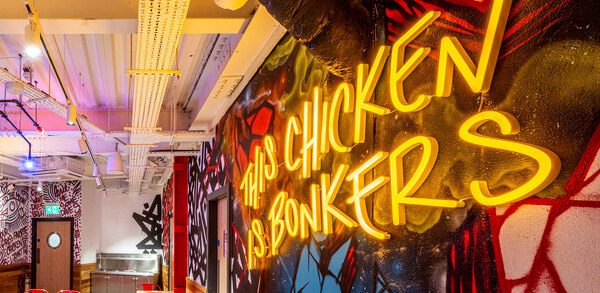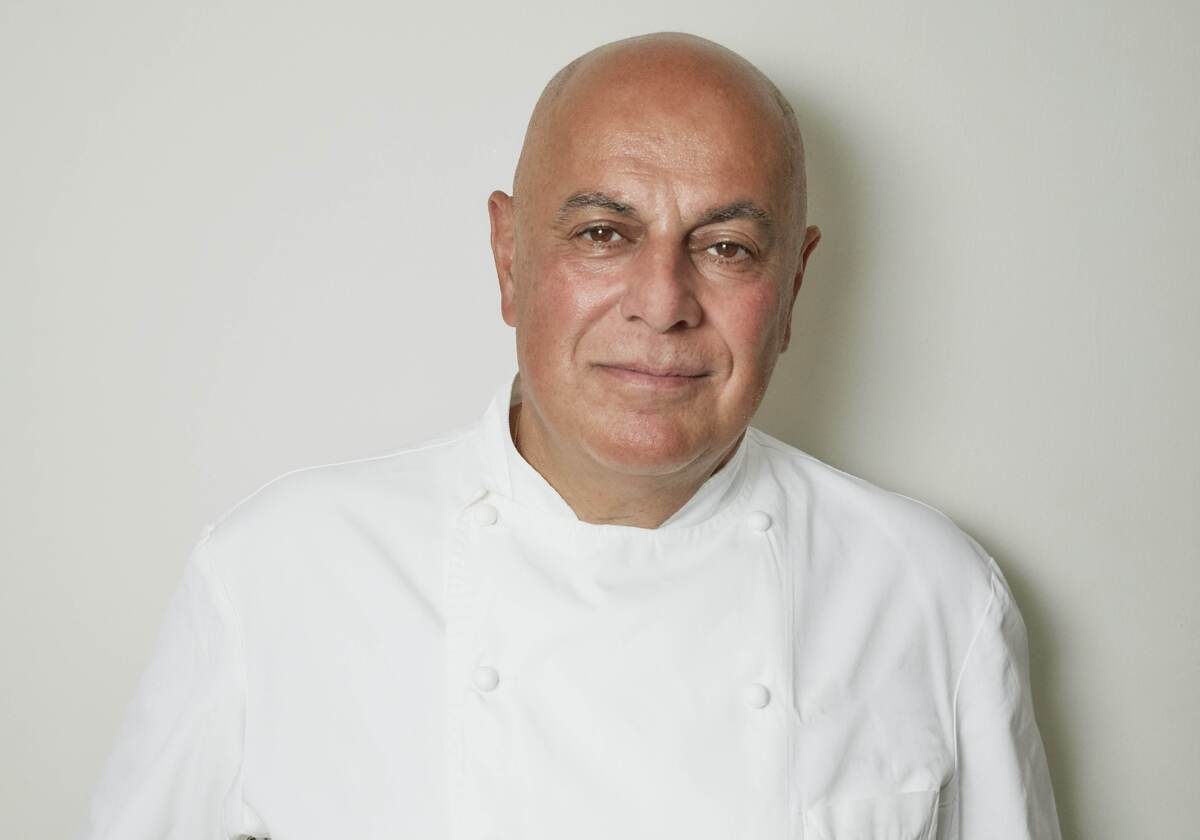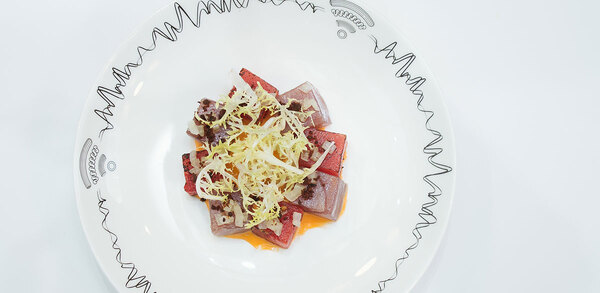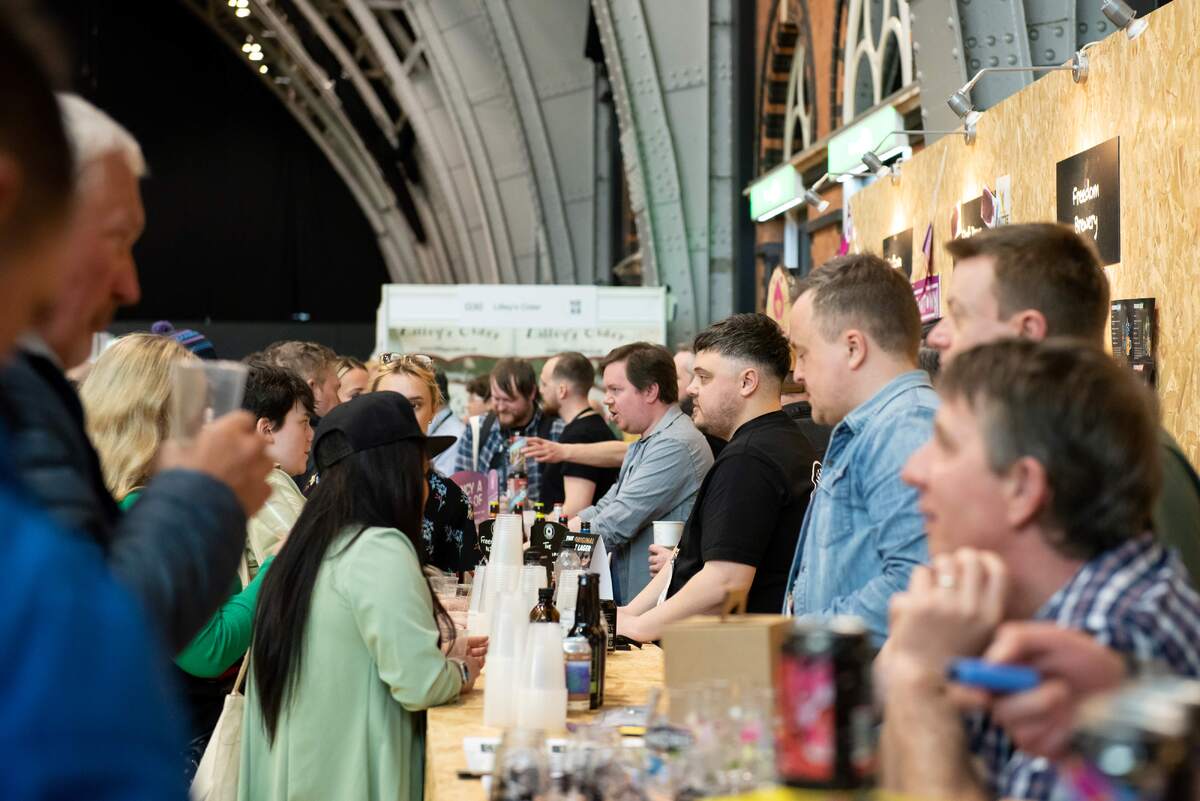Getting trashed with the Lexington chefs
With sustainability top of the news agenda, the attention is firmly on waste and what the food industry is doing about it. Katherine Price learns how Lexington Catering has made dealing with waste a priority through its Trashed brand
Some 1.9 million tons of food is wasted by the food industry every year in the UK and approximately one third of food produced worldwide is wasted and sent to landfill. It is estimated that if one-quarter of food wastage globally could be saved, it would be enough to feed 870 million people.
At the same time, concerns are being raised regarding overfishing and the environmental impact of meat production, as well as whether supplies will be able to meet the demands of a growing population.
âCaterers play a massive role in terms of the numbers we feed daily without realising it. We serve 33,000 meals a day within central London in Lexington alone,â says Rob Kirby, chef-director of Lexington Catering, which is owned by parent company Elior. âWeâve all got a part to play,â agrees chief executive Mike Sunley. âItâs the responsibility of everybody, but we â" when weâre looking after our clients and our customers â" have a responsibility to lead the way.â
Lexingtonâs answer is Trashed, its latest brand which was launched at the same time as being set as the theme of the companyâs annual LexChef competition two weeks ago, with chefs challenged to come up with a three-course menu based around âwasteâ products.
The onus was on entrants to research and talk to their suppliers to define their own meaning of âwasteâ â" which could include sustainable breeds and cuts from animals such as retired dairy cows or billy goats; byproducts; or the utilisation and re-purposing of ingredients that generally end up being thrown away, such as coffee grounds, fish bones or âuglyâ veg.
The event was a team effort for Kirby and his food development colleagues, including Murray Tapiki, Jon Lilley and Alex Rowe. Hospitality development chef Sam Potter originally suggested the idea to challenge the chefs in a different way from the usual âmystery ingredient boxâ competition.
âThe guys get bored of it. I wanted to do something that really made them think,â says Potter. âIt really tested us and bent our heads of what we can do as a company. We need to start thinking about this as an issue. Contract caterers can set a trend for other people to follow; we can make a bit of a difference.â
The competition attracted judges including culinary director at the Stafford London, Ben Tish; chef-director of the Pig hotel group, James Golding; and head chef to the Royal Household, Mark Flanagan. Judge Peter Joyner, food development director at parent company Elior, describes the event as âa real eye-openerâ. He says: âtalking to the chefs about what theyâd done, the research theyâd done â" the work has been incredible and the quality of what theyâve produced is as good as any fine-dining competition.â
with forgotten leaves
Jack Shaw, head chef at Savills, had a winning menu that consisted of a starter of braised broccoli stalk, pickled walnut ketchup, egg yolk, blue cheese dressing and whey crumb. His main was a pressed codâs head with celeriac, chorizo and cod roe; while his dessert was a croissant coffee and pear millefeuille with almond milk ice-cream.
âAs a hospitality chef, waste is not something I tend to think about too much, but once I got into it, I realised thereâs a whole world of produce and stuff you can use that you just donât tend to think about,â he says. âItâs an ethos me and the rest of the team will carry through.â
Taking it forward
However, the company isnât just relying on the competition to raise awareness among its chefs of waste in the kitchen. It is hoping to establish Trashed dishes at sites from February 2019, joining its existing brands such as vegetarian range Grains & Greens and healthy grab-and-go selection Blend. The plan is to launch Trashed at three to five sites in February and then slowly roll it out.
âThe challenge will be to make the food sexy and to make food people really want to eat it and keep it at a price that people can afford â" thereâs an initial response that if itâs trash, itâll be cheaper, but thatâs not really how it works,â says Kirby. The competitors at LexChef were tasked with keeping dishes within £8 per head, and when it comes to rolling out the Trashed counters, the focus is on making full use of the ingredients available, and possibly being able to buy slightly fewer ingredients, which may save money in the long run.
âIt would be unreasonable for me to go to 100 of our chefs and say, cook codâs head tomorrow,â he adds. âWeâve got to put the training behind it for our chefs to be able to deliver it. The challenge is also getting front of house staff to understand why we do it, because theyâll be the ones delivering it, so itâs the training for front of house, and to work alongside marketing to make sure we get whole company buy-in and our clientsâ buy-in as well.â
Itâs also not as straightforward as simply putting a âwaste productâ dish on the menu, as once the byproduct is used up, to order more of it misses the whole point.
âEducation is the way forward â" getting your young team to understand why you shouldnât throw away something that is perfectly good to eat,â agrees competition judge Golding, who has been a sustainability stalwart while working across the group of Pig hotels.
âWhat weâre trying to do is get kids to understand that it has to be personal. Itâs about getting younger chefs to understand the importance of using absolutely everything they can.â
He adds: âWeâre talking to our suppliers, saying, âdo not bring fish in polystyrene boxes, do not bring potatoes in plastic sacksâ. Weâre making a difference, all we need is for everybody to take responsibility for their own actions.â
As for client buy-in, Kirby is confident in clientsâ interest in the concept. âFrom a client perspective, itâs happy days because it ticks all of their CSR boxes,â he says, while Sunley points out if savings are made, those can be passed back to the customer.
âIn all our agendas, all our meetings, CSR is right at the top of our agendas, so we need to bring that to the top of our agenda for our competitions and restaurants,â agrees Joyner.
âEverybody has embraced it, especially our young chefs,â adds Kirby. âItâs making sure we give longevity and make changes. This isnât just for me, itâs for the next generation of chefs, making it sexy so they want to do it. Thatâs important.â



